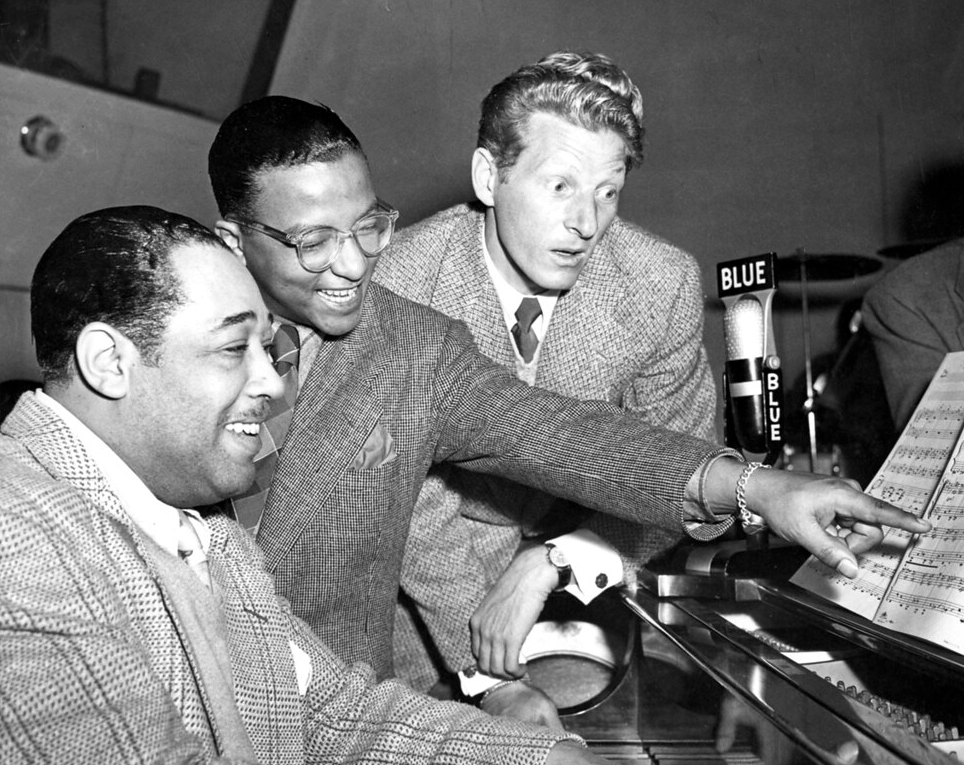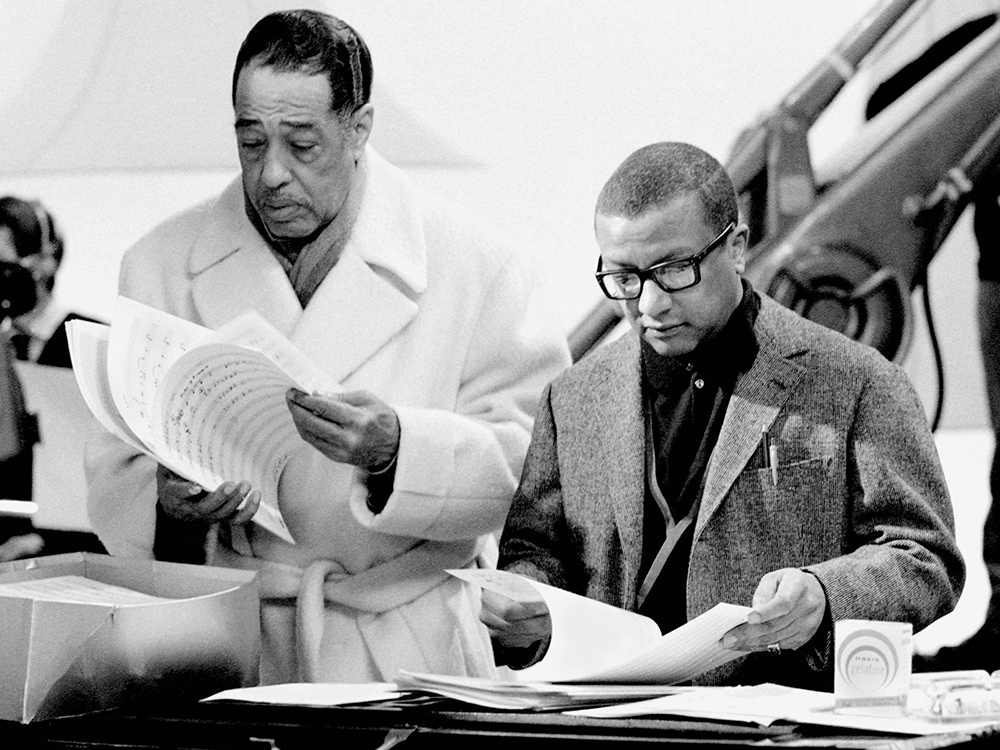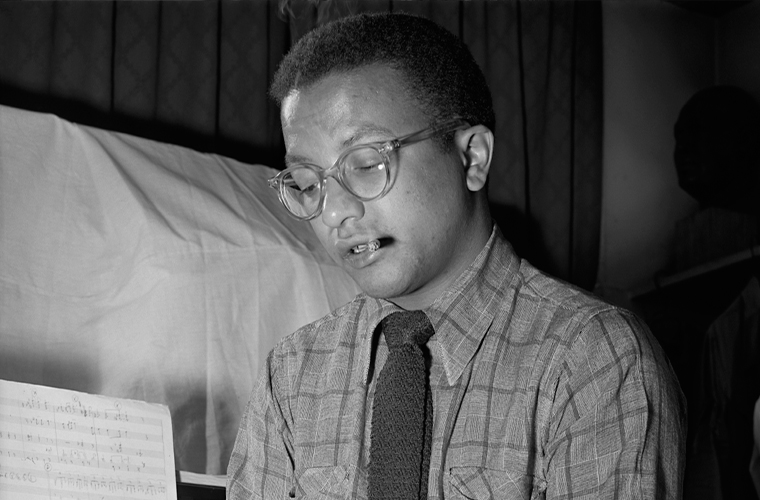Billy Strayhorn, born William Thomas Strayhorn (November 29, 1915 – May 31, 1967), was an American jazz composer, pianist, and arranger. He is best known for his long-time collaboration with jazz legend Duke Ellington, for whom he served as a key arranger and composer. Born and raised in Dayton, Ohio, Strayhorn began playing piano at a young age and displayed exceptional talent as a musician. In 1938, when he was just 23 years old, he wrote a song called “Lush Life,” which would become one of his most famous and enduring compositions.

Strayhorn first crossed paths with Duke Ellington in 1938, when Ellington’s band performed in Pittsburgh, where Strayhorn was attending college. Strayhorn handed Ellington some arrangements he had written, impressing the bandleader. Ellington invited him to join his band, and Strayhorn became an integral part of the Duke Ellington Orchestra for the rest of his career. During his collaboration with Ellington, Strayhorn composed and arranged numerous songs, including some of the band’s most memorable hits. Notable compositions by Strayhorn include “Take the ‘A’ Train,” which became the Duke Ellington Orchestra’s signature tune, as well as “Chelsea Bridge,” “Satin Doll,” and “Lush Life.”

Despite being somewhat overshadowed by Ellington’s fame, Strayhorn’s contributions to jazz were highly influential. He had a unique musical voice, blending elements of classical music with jazz and employing sophisticated harmonies and melodic structures in his compositions. Strayhorn’s compositions and arrangements added depth and complexity to the Ellington Orchestra’s repertoire and helped define the sound of the band. Strayhorn’s personal life was marked by his identity as an openly gay man during a time when homosexuality was widely stigmatized. While he faced challenges and discrimination, he remained committed to his music and artistic expression. He continued to collaborate with Ellington and also pursued his own projects.
Billy Strayhorn’s talent and contributions to jazz continue to be celebrated. His compositions are considered jazz standards and have been performed and recorded by countless musicians over the years. Strayhorn’s legacy stands as a testament to his musical genius and his impact on the genre.

